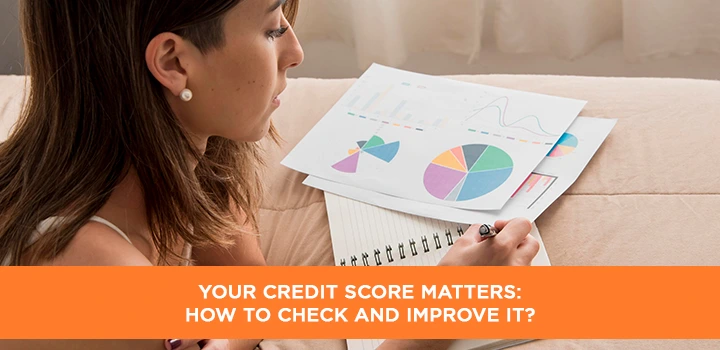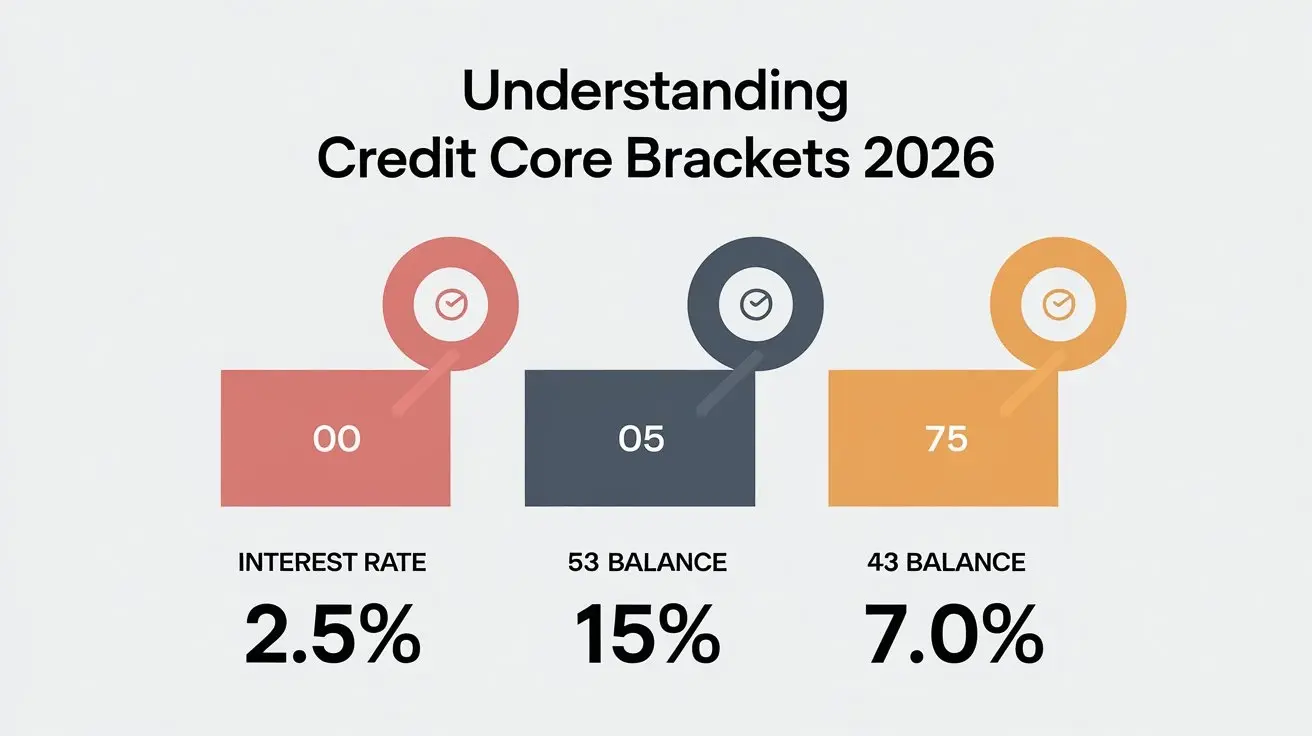
Credit score is one of the most important components of people’s financial life. It affects credit interest rates, insurance, housing applications and many others. Of course, one of the best ways to keep track of one’s credit score is to make sure that it is as high as it can be. But can just checking your credit score lead to a lower credit score? This concern makes some individuals avoid frequent checking of scores. Here, we will take a closer look at whether this is true when one glance at their credit score and finds a lesser value.
What activities reduce your credit score?
First of all, it is useful to know what does and does not affect your credit score. The most significant factors include:The most significant factors include:
-
Paying your bills late - This factor contributes to 35% of your score. In case you frequently delay payments for bills, it will be reflected in your credit.
-
High credit utilization ratio – This is the percentage of your available credit that you are currently using. Owing a lot relative to your limits is bad for the score.
-
This accounts for why the age of your credit history improves your score when you close old accounts. Minimizing the history of your credit can be done by closing your oldest cards or loans.
-
New credit – Each time you apply for credit, even when you are pre-approved, a hard inquiry will be made on your report. In a short time span, if the number of new inquiries is high, it means the risk is high.
Your credit score calculation does not consider:Your credit score calculation does not consider:
-
Checking your own score – Soft inquiries which may be done using credit score do not harm the score in anyway.
-
Another person monitoring your credit – The hard inquiries by the lenders do affect your score for some time. But when landlords, utility companies or employers ask then, it does. Furthermore, if an individual has applied for credit in a short span of time, several applications for credit may be seen as one inquiry, for instance, when applying for a car or home loan.
- Your income, assets or job status – Though some lenders may consider them, they are not part of the credit score.
With the primary factors that affect your score in mind, we can now consider the effect of checking your credit score yourself.
Does the soft inquiry from self-checks have any negative impact on credit scores?
Experian, Equifax, and TransUnion are the three largest credit reporting agencies, and they offer you full access to your reports and scores from the company without any restrictions to the number of times you can request it in a year. Performing this leads to a soft pull on your account. Soft inquiries do not impact your score at all.
This means that even when you perform the check via the various credit monitoring sites or through any of the three bureaus’ free options, your score is not going to be negatively affected. This myth arises from the distinction between soft inquiries conducted by consumers and hard inquiries conducted by credit lenders. As you can see, self-checks alone cannot increase your score either. The more frequently it is monitored, the more it can be detected that there are problems, but if you rarely check it, your number will not increase.
Other Ways to Check Without Any Impact
Notably, soft inquiries as mentioned above do not at all impact your scores and there are other methods you can use to keep track of your credit without even a soft credit check being run on you. For example:
-
Most credit card companies and banks provide free credit scores on the websites that individuals have access to. The score they display is determined without making a search on your report, it does not affect anything either.
-
To add to that, some personal finance sites also come with free credit tracking options. They can also display VantageScore credit scores even if no hard or soft credit check took place. VantageScores do not seem to enjoy as much usage as FICO scores though.
- Applying for credit cards, even if pre-approved, does not lead to a hard inquiry on your report if you do not go through the proper application process. Looking for pre-qualified offers helps you know whether you may be approved to get a loan without the initial inquiries affecting your credit rating.
So not only checking one’s own score is safe, but in some cases you may be able to monitor it your bank or lender accounts as well without any check at all.
When Is It Advisable to Monitor Your Credit Score?
Knowing that checking your credit score is not going to harm it in any way, is there a recommended frequency when one should check it? Authors generally suggest using it at least once every three to six months, especially when you are trying to enhance it. You should not have to worry about watching it too often on your own either. Checking your credit reports is not a problem as long as you do not use hard inquiries and only check by going directly to the credit bureaus or using credit monitoring sites.
If you are tracking it frequently, you can notice such problems on time – an unauthorized account or reporting mistake can significantly affect your score. Daily checks also assist you in determining whether positive credit habits gradually raise your number in the future. It is advisable to establish annual or biannual calendar alerts to go through your credit twice or more frequently.
The Takeaway
When you run a check on your own credit score, it reflects on the credit report as a soft inquiry and does not affect your score in any way. To get a better credit score, there is a need to have a good credit history with timely account payments, low balances, etc Regardless, frequently monitoring your credit allows you to correct or investigate any inaccuracies or fraudulent activity at the earliest opportunity. Thus, not only is looking at your score harmless, but it is necessary if done through soft inquiries for the financial stability. Monitor your credit frequently and do not be alarmed if there are fluctuations in your credit score from month to month. If the total trend suggests a positive progression over time, these habits place you within the favourable category.









